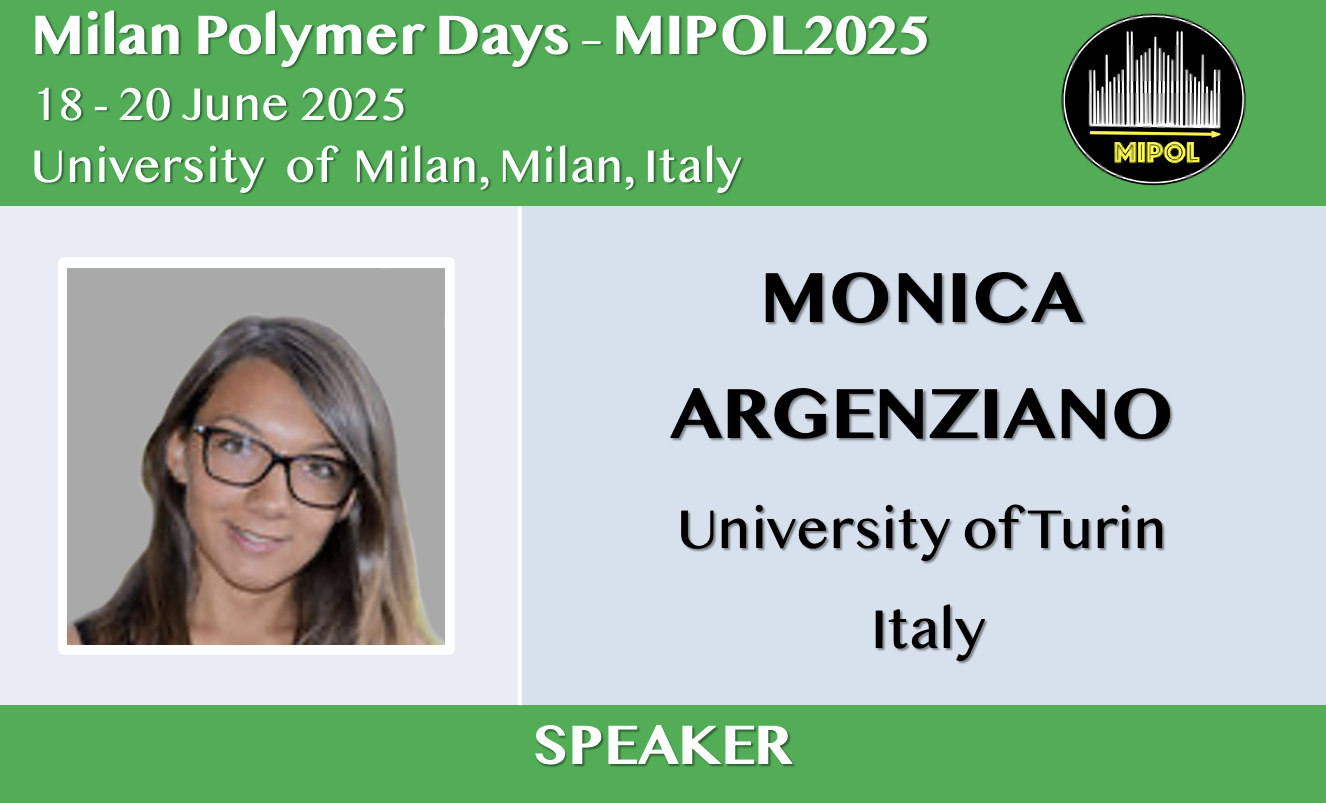Polysaccharide-shelled nanobubbles as innovative nanoplatform to overcome cancer chemoresistance
Abstract

In the framework of CN3 project WP 8 Task 1.2 a nanobubble platform for the targeted siRNA delivery was investigated.
Polymer-shelled nanobubbles are nanoparticles with a core/shell structure, filled by a gas or vaporizable compounds and stabilized by a polymer shell. Among the polymers polysaccharides have been explored for their biocompatibility, biodegradability and the presence of functional groups for conjugation and derivatization. Interestingly, polysaccharide-shelled NBs have shown a great potential for efficient siRNA delivery, improving the siRNA performance concerning stability, specificity, and potential off-target effects [1].
The siRNA-mediated inhibition of nuclear factor E2-related factor 2 (Nrf2) can be an attractive approach to overcome resistance in various malignant tumors, including melanoma [2].
Novel chitosan nanobubble formulation loaded with siRNA specifically targeting Nrf2 (siNrf2) were developed with the aim to overcome melanoma resistance to targeted therapies. siNrf2 was encapsulated in aqueous droplets within the NB core exploiting a purposely tuned preparation method. The NB formulations were in vitro characterized determining the physico-chemical parameters, morphology, loading capacity, in vitro release and stability over time. Biological assays were performed on D4M-3A_(D+T)res cells, an engineered melanoma murine cell line harbouring the BrafV600E mutation, subclone resistant to targeted therapy with BRAF inhibitor Dabrafenib (D) and MEK inhibitor Trametinib (T). Stable NB formulations with average diameters of about 100 nm and positive surface charge were obtained. siNrf2 was efficiently encapsulated in NBs (encapsulation efficiency more than 90%) and protected from degradation. Fluorescent-labelled NBs were rapidly internalized into D4M-3A sensitive and resistant cell lines. The Nrf2 expression was inhibited after siNrf2-NB treatment, as shown in Western blot analysis. siNrf2-NBs were able to inhibit cell proliferation and further sensitize D4M-3A resistant cells to D+T treatment. Based on the results, nanobubbles represent a promising tool for siRNA delivery to overcome melanoma resistance to targeted therapies.
References
- M. Argenziano, F. Bessone, C. Dianzani, M.A. Cucci, M. Grattarola, S. Pizzimenti, R. Cavalli,Pharmaceutics 2022, 14, 341.
- M.A. Cucci, M. Grattarola, C. Monge, A. Roetto, G. Barrera, E. Caputo, C. Dianzani, S. Pizzimenti Antioxidants (Basel) 2023, 12, 1313.
Acknowledgments
This research was funded by the Italian Ministry of Enterprises and Made in Italy (project acronym CN-RNA) under the PNNR among the initiatives aimed at creating an integrated system of research and innovation infrastructures (PNNR M4C2 PROJECTS).

